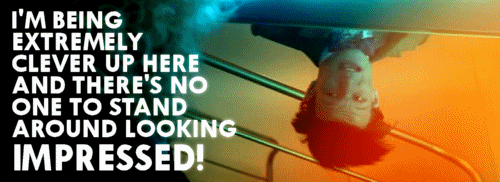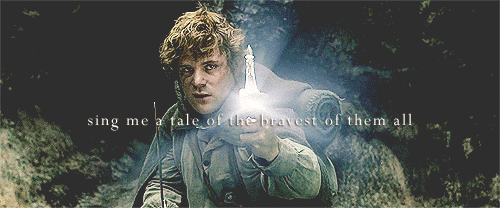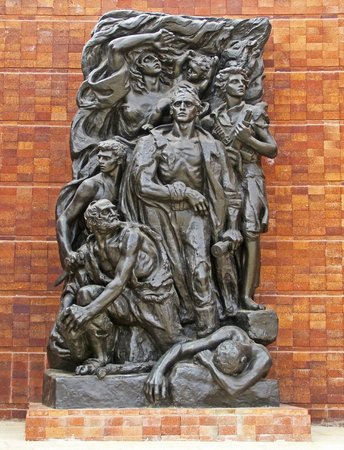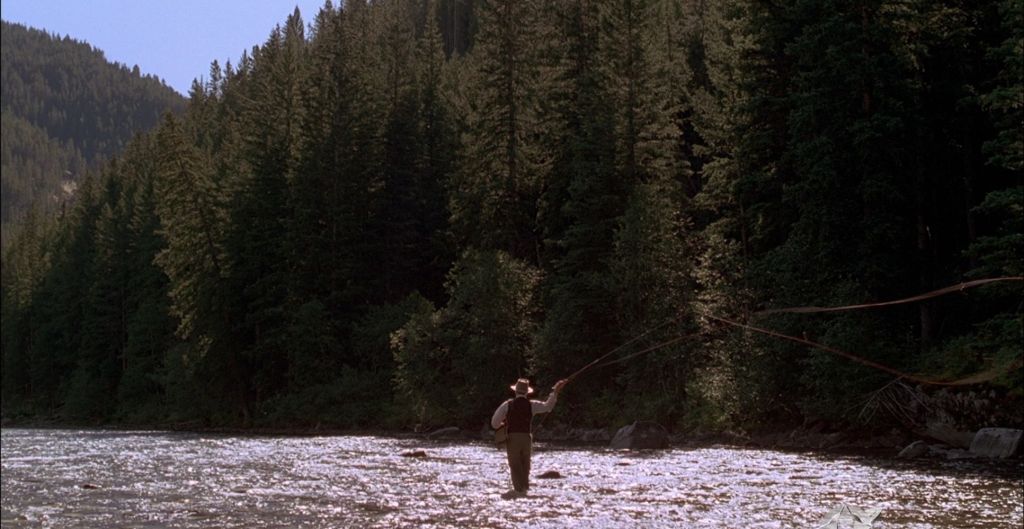Thomas Merton has remained one of my favorite spiritual writers for some time now. I often contemplate one passage in particular from his writings:
The West has lived for thousands of years under the sign of the Titan, Prometheus, the fire stealer, the man of power who defies heaven in order to get what he himself desires. The West has lived under the sign of will, the love of power, action, and domination. Hence, Western Christianity has often been associated with a spiritual will-to-power and an instinct for organization and authority. This has taken good forms, in devotion to works of education, healing the sick, building schools, order and organization in religion itself. But even the good side of activism has tended toward an overemphasis on will, on action, on conquest, on “getting things done” and this in turn has resulted in a sort of religious restlessness, pragmatism, and the worship of visible results.
There is another essential aspect of Christianity: the interior, the silent, the contemplative, in which hidden wisdom is more important than practical organizational science, and in which love replaces the will to get visible results. The New Man must not be a one-sided and aggressive activist: he must also have depth, he must be able to be silent, to listen to the secret voice of the Spirit. He must renounce his own will to dominate and let the Spirit act secretly in and through him…
I have seen this attitude both within myself and within Western Christianity in general. We are the do-something Christians, the sons and daughters of Protestant work ethic (even when we’re Catholic!). And like Merton says, this attitude has its positives. We are called to live out our faith in works of mercy and education.
Yet more and more I have come to appreciate that all the work in the world is fruitless and possibly dangerous without the guidance of the Holy Spirit, without interior direction from prayer and contemplation. Without this guidance, we can go out and do one thousand things, and for all we know, all one thousand of those things are misguided, unhelpful, or just wrong. I think this is especially true in our everyday actions, where we’re running on auto-pilot or caught off guard. In those moments when we’re not actively thinking, whatever resides in our innermost being will come out, and if our innermost being is not attuned to Christ, something less-than-helpful is probably going to come out. And whereas people without any particular belief are only responsible for themselves, we affect how people view the entire body of Christ. The stakes have been raised. Our need for direction is dire.
Prayer and contemplation also do more than preventing missteps. We can focus in on the parts of our lives that really matter, that bring us closer to Christ, and discard what does not matter. We can lay ourselves bare to the will of Christ in ways that we cannot do in passing daily thought. Speak, Lord, your servant is listening. Truly, only from love of Christ can all good things come. We cannot earn it. We cannot win it. We cannot buy it.
How indeed those persons delude themselves who locate holiness anywhere but in loving God. Some see perfection in austerities, others in almsgiving, others in prayer, others in frequenting the sacraments. For my part, I know of no other perfection than that of loving God with all the heart, because without love all the other virtues are nothing but a pile of stones. – Saint Frances de Sales
The action attitude also bleeds into other aspects of Christian life. For example, how often have we felt, even though we know better, that praying isn’t ‘doing something.’ I know I’ve had this thought before. As a Christian, this has got to be the silliest thing I can think if I know anything about the Gospels or the Bible in general, and yet I still sometimes have to walk myself through the simple logic of prayer. If God exists, and if God is a personal God who listens to prayers and answers them, then prayer is doing something. I recall the words of the Centurion in Luke 7:
Lord, do not trouble yourself, for I am not worthy to have you come under my roof; therefore I did not presume to come to you. But say the word, and let my servant be healed. For I am a man set under authority, with soldiers under me: and I say to one, ‘Go,’ and he goes; and to another, ‘Come,’ and he comes; and to my slave, ‘Do this,’ and he does it.”
The centurion says “I am a man set under authority.” In other words, I know how these things work. I will that something be done, and it is done. You, Lord, have ultimate power and authority. If you will it to be so, shall it not be so? So prayer goes. We need but ask and trust that the Lord will see it done, although not always in ways and times that we expect.
Your word is a lamp for my feet,
a light for my path.
So let us turn at all times and listen to what the Lord is saying. We live in a busy world, busy with works, busy with responsibilities, busy with the thoughts of the day. Let’s step back for a moment. What do I want done, and what does the Lord want done. I abdicate my will. Let thy will be done this day.







